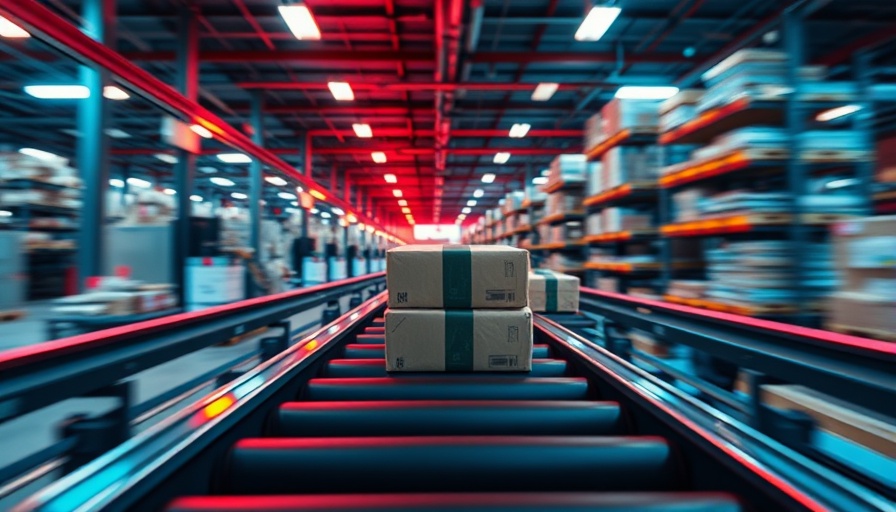
Transforming Return Fraud Management with Innovative Technology
In a move that highlights the increasing challenge of return fraud in the retail sector, Amazon's $1 billion Industrial Innovation Fund has invested in Cambridge Terahertz, a forward-thinking startup based in Sunnyvale, California. This firm is at the cutting edge of developing 3D imaging technology designed to address one of the most persistent issues in logistics: the rising costs associated with return fraud.
Retailers, particularly those operating online, have been grappling with an alarming trend where customers request refunds yet return empty boxes or unrelated items. In fact, return fraud accounted for a staggering $103 billion in losses last year alone, as reported by Appriss Retail. This financial strain isn't just a nuisance; it affects operational efficiency and profitability across the entire retail landscape.
How Cambridge Terahertz Aims to Solve the Problem
Cambridge Terahertz is leveraging advanced 3D imaging technology to revolutionize package screening. Their innovative system can "see" inside unopened packages, allowing retailers to detect fraudulent returns more swiftly and accurately. This technological capability not only promises to minimize losses but also streamlines the return process for honest customers.
Investment Significance and Market Trends
The recent $12 million seed funding round, led by venture capital firm Felicis and supported by Amazon, underscores the belief in this startup's potential. It signals a growing trend in the investment landscape where technology solutions for logistics challenges are gaining traction. Investors are now more focused than ever on startups that provide practical solutions to emerging problems in the e-commerce sphere.
Looking Forward: The Future of Retail Tech
As the retail environment evolves, the need for cutting-edge technological interventions will only grow. Cambridge Terahertz's success could pave the way for further innovations aimed at mitigating return fraud, setting a new standard for how retailers manage their logistics. As fraud prevention becomes a critical component of retail strategy, executive leaders must adapt and invest in technologies that enhance their operational resilience.
Understanding the implications of such investments could be vital for business leaders and investors aiming to stay ahead in the competitive landscape. Will your company adapt to these evolving trends, or will it be left behind?
 Add Row
Add Row  Add
Add 


Write A Comment